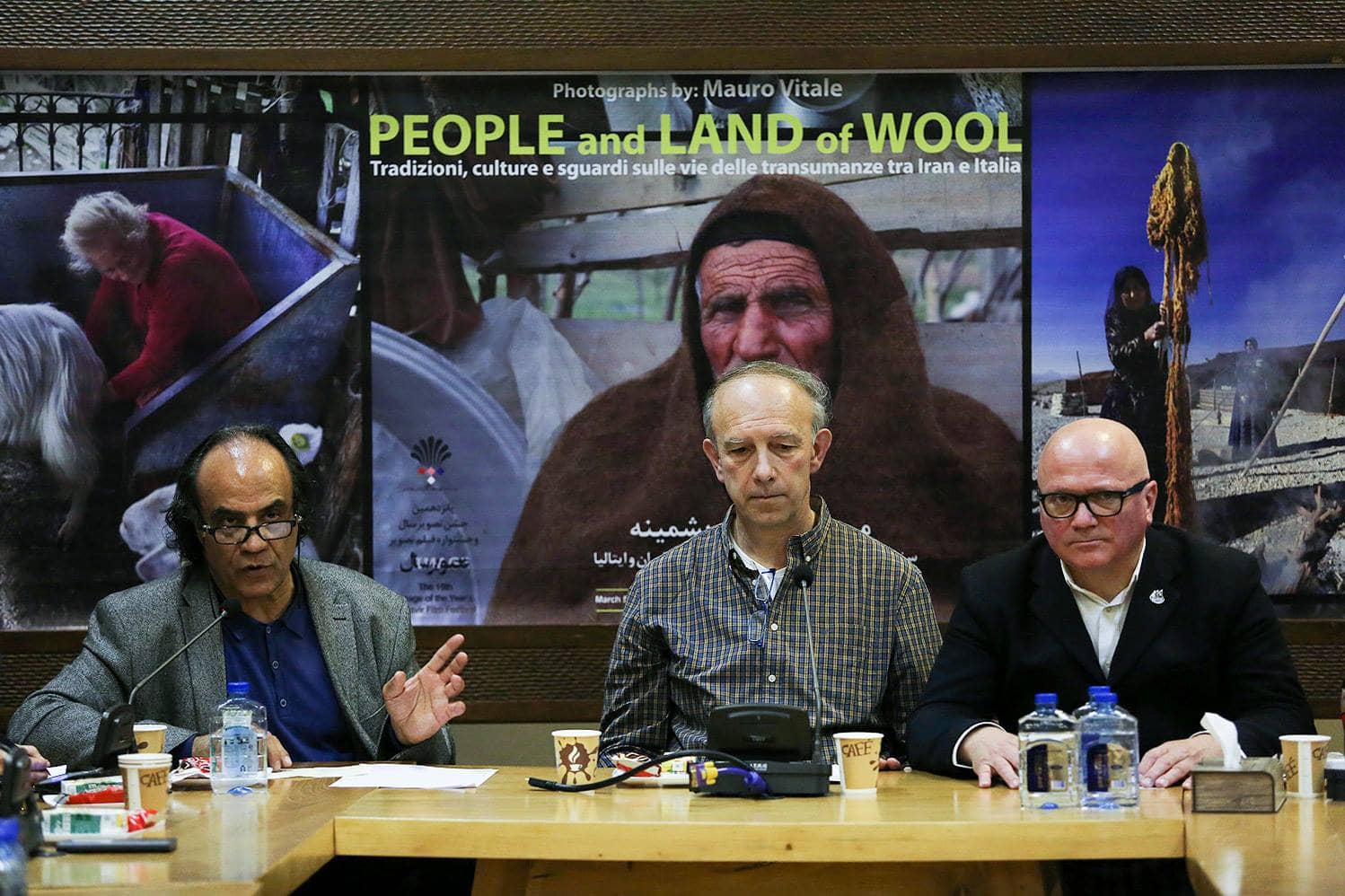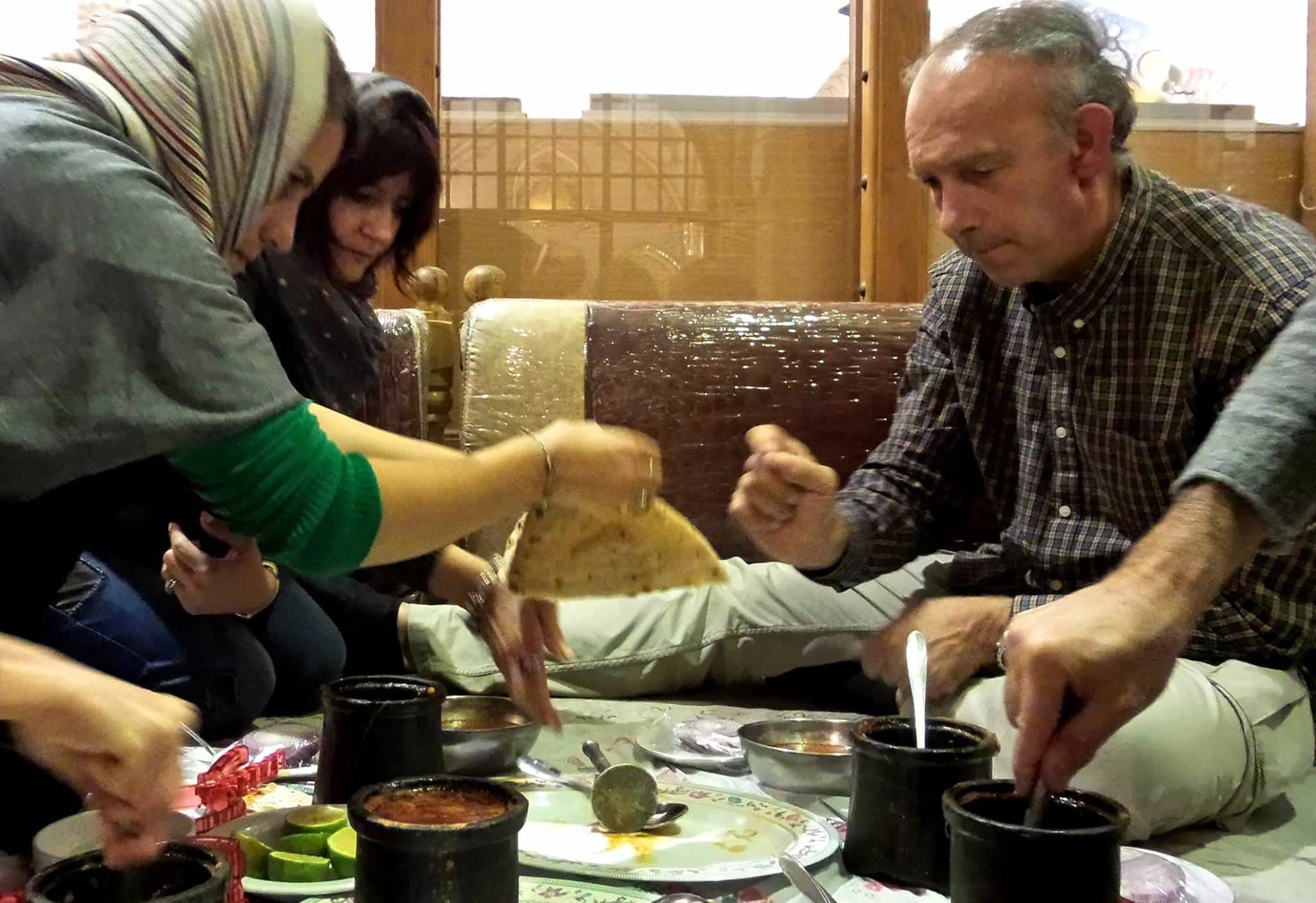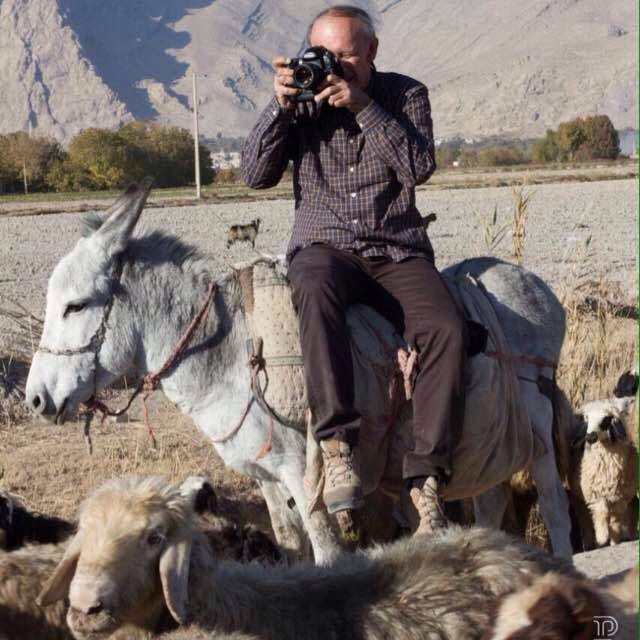Sensations from the trip to Iran
Travel is my passion, I try to leave whenever I can.
I am fascinated by places and above all by peoples. In my explorations I met wonderful landscapes, cities rich in culture, remains of ancient civilizations and my memory remains deeply imbued with all this. I leave to reach places, cities, nations, but with Iran everything is different: I leave to meet the Iranians.
The Iranian people enchant me and attract me in all its aspects; the first times I was bewitched by his hospitality, availability, and now that I'm on my sixth trip to those places I continue to experience the same fascination and it is necessary to give a more rational response to all this.
My sixth journey has added a fundamental piece to understand this people.
In the humble Siachador the head of the family qashqai he offered me everything that was most sacred, a place on his carpet, food, hospitality for the night. In the talysh wedding, met in the Elburz mountains on the expedition of the third journey, we have become the focus of attention and even risk tarnishing the spouses, and now Tehran in the cultured and highly refined Vahdat Concert Hall I find myself sitting in the front row next to the famous composer Aliresa Mashayekhi author of the concert music, the same one music which I often hear in Italian, Austrian and Hungarian theaters and I thought was missing in this one Tehran saturated with noise and no sound.
It is an extremely heterogeneous society this Iranian that goes by populations nomads where the ideograms sui carpets are one of the rare forms of intellectual expression at the personal exhibition of Ali Akbar Sadeghi, which captures me in this sixth stay in the splendid space of Tehran Museum of Contemporary Art.
I'm going to go to the vernissage of our exhibition "Peoples and Lands of Wool”At the Nami Gallery of the forum and I find myself lost in the monochrome crowd that crowds into the Ferdowsi station of the Tehran subway. The first sensation is of depersonalization, typical of all the overcrowded places of our metropolises; environments where indifference destroys relationships between people. Swallowed in the crush at first I have the feeling of being invisible and that finally here too it is all as our "home", but the initial déjà-vu has a short duration and the mere fact of being identified as western shatters that wall of indifference.
"Where are you from", is the question that targets me from many parts, and it is almost never an end in itself; often becomes a picklock to cancel distances and immediately build a connection. I have always tried to avoid this kind of anticipatory approaches to probable pitfalls, but inevitably, in Iran, there seems to be no fraud, deception, simulation. It is precisely this utopian consideration that has led me to a more disenchanted analysis.
Iranians feel a spasmodic need to make evident that side of the sphere of feelings too often repressed and obscured in the West by pro-Zionist propaganda.
La Persian culture it has very ancient roots and the genetic heritage of this people is deeply pervaded, one cannot remove millennia of history, a history that has origins common to ours; the Iranians are aware of all this and proudly want to manifest it. Contact with the Western and, with us Italians in particular, becomes an all-encompassing moment to which to sacrifice one's time, a sort of solemn, exclusive ritual, which leads to leave aside the rest. A fleeting encounter often translates into an unforgettable experience, availability takes on the characteristics of a gift made to erase distances, to make lasting relationships.
At our exhibition is reserved the honor to open the "15 ° immage of the Year-Tassvir Film", are present the Deputy Minister of Culture, a delegation of the Italian Embassy in Tehran; The most important media interviews us, they inform us that we will have to attend seminars and conferences.
Everything that revolves around culture has a preponderant weight in the lives of Iranians; their myths are the poets Hafez, Ferdowsi, Umar Khayyam. Painting, photography, and visual arts generally have a capillary diffusion.
Our project hypothesizes a daring juxtaposition between the customs and habits of the qashqai and talysh nomads with the transhumance practiced by Italian shepherds through the tratturo that crosses Abruzzo, Molise and Puglia. The idea arises more from sensations than from scientific foundations and therefore easily refuted, especially for the presence of experts of Iranian nomadic culture intervened in the presentation. Accustomed to the adversarial of previous experiences in Italy, I confess that I have feared questions to refute our thesis, but everyone's interest has immediately turned exclusively to deepen the possible points of communion between these geographically distant so far, ignoring any differences.
We leave with the intent to continue the research on other ethnic groups such as the Turkmen and the Bakhtiari.
I have the feeling that they are an invitation dictated more by an emotional impulse than by a scientific reason. My eagerness to explore other worlds will suffer but I am sure I can accept this renunciation without regret.
Mauro Vitale








